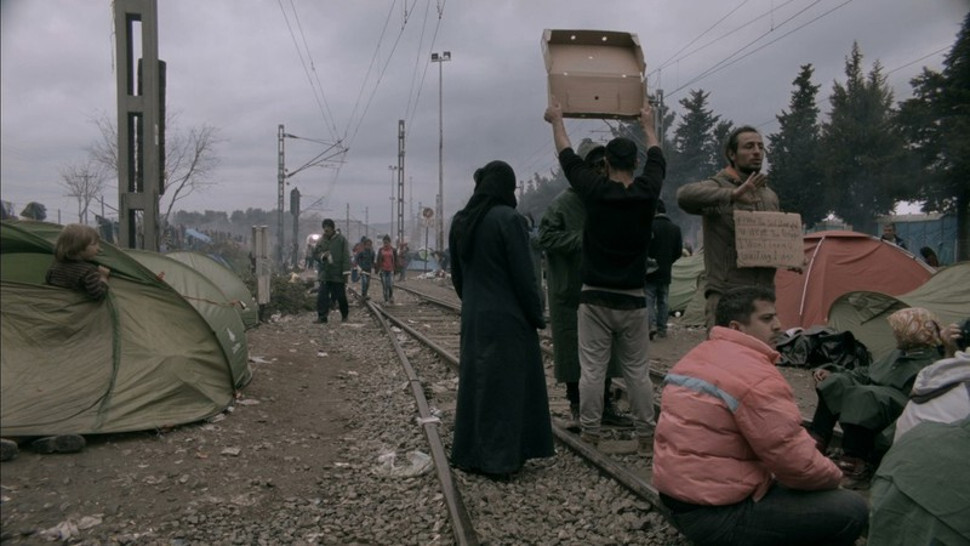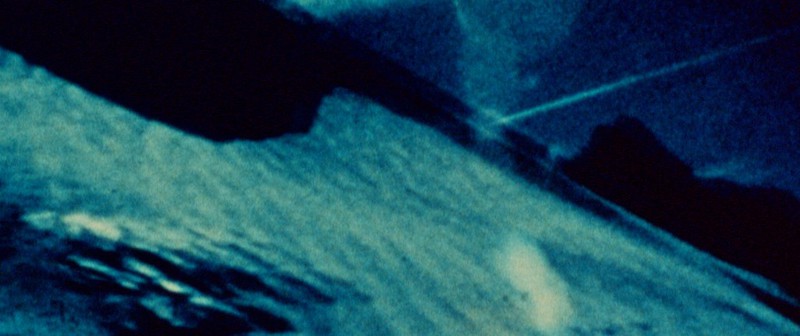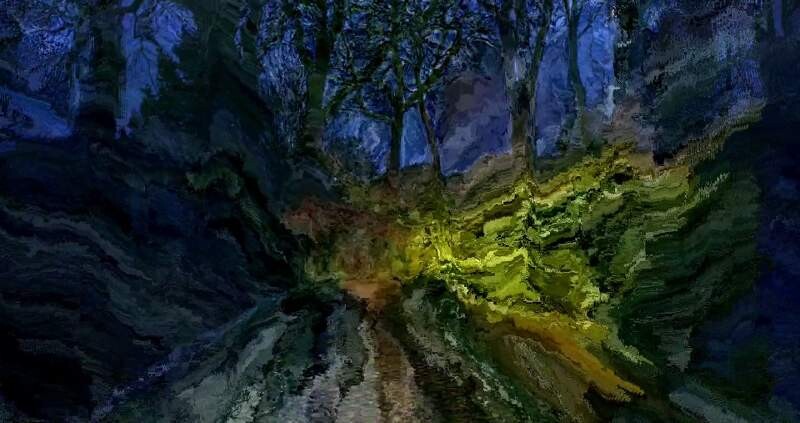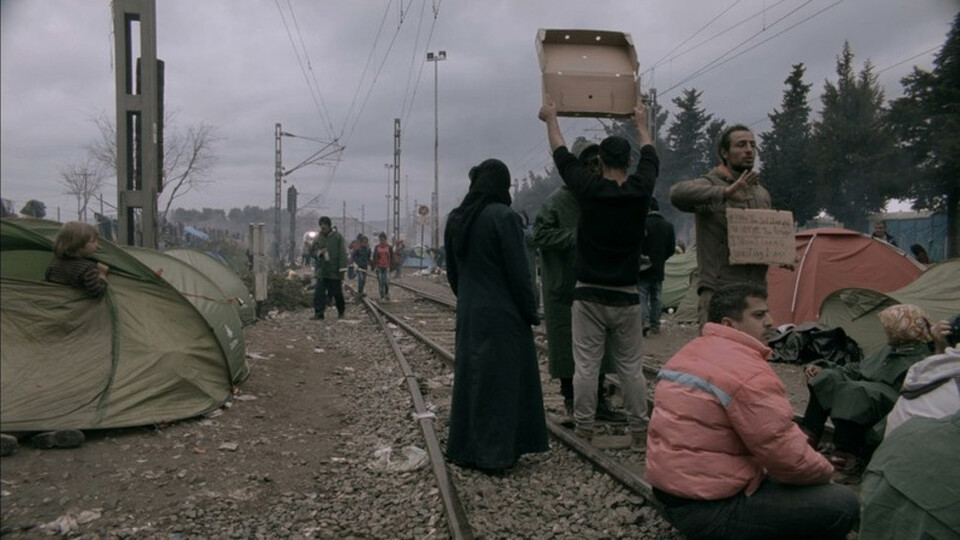Winners of the jubilee 20th edition of Jihlava IDFF
Czech Joy Section: FC Roma and Normal Autistic Film
Whereas last year´s Czech Joy Section remained without a winner, there are two of them this year. Czech documentary film is quite fond of topics from environment of handicapped people or gypsy minority. However, I cannot free myself of feeling that films with this topic are often automatically overrated. Truth is that both Normal Autistic Film and FC Roma do deserve the reward, and not only due to strong and attractive topics they are dedicated to. Nevertheless, in comparison to Helena´s Law, which I had considered a definite winner, I see their winning as not really fair and deserved. The documentarist Petra Nesvačilová also chose an attractive topic for audience and she showed a wonderful work with the protagonists as well as Miroslav Janek. Moreover, she did not hesitate to take risks, she enriched the film with original presentation and became its dauntless active participant.
Win of FC Roma, which shares its reward with Normal Autistic Film in the Czech Joy Section, is definitely a pleasant surprise. This attempt to see the issue of xenophobia from a different perspective surely deserves the prize. On one hand Czech media usually offer a rather sensationalist conception, on the other hand mainly intellectual community adopts a protecting attitude towards Gypsies and idealizes everything too much. Surprisingly, FC Roma is somewhere in between or maybe even completely out. The film avoids direct confrontation and idealization successfully. But you definitely should not avoid the film, so try to manage seeing it at the cinema before going home.
Opus Bonum Section: Spectres Are Haunting Europe and Smiling on the Phone
Spectres Are Haunting Europe, the winner of the Opus Bonum Section, is a very remarkable documentary film, which gained its victory deservedly. It is not a real surprise that a film with a very current topic, which refugee crisis surely is, became the winner. I am glad that the jury appreciated certain demands and unbearableness of this film spectacle. It thus confirmed that not only journalistic methods are suitable to use for delicate social-political questions, but that also more original and authorial approaches are possible to apply without reducing strength and expressiveness of the film. Special mention goes to Smiling on the Phone, a documentary film with a very interesting theme. However, its certain amateur roughness and rudeness cannot go unheeded. On the other hand this imperfection might look likeable. Nevertheless, I do not really understand this choice, in context of other competing films of the section, like We Make Couples, for instance, which is a really impressive avant-garde piece of work.
Spectres Are Haunting Europe, the winner of the Opus Bonum Section, offers a unique, formally inventive and inspiring view of the refugee crisis topic. A dissociated and intentionally impersonal shooting of refugees in the Idomeni camp on Greek-Macedonian border is free from personal stories and context. It does not try to make viewers put themselves into migrants´ shoes place. The Greek director Maria Kourkouta focuses on the whole group, an anonymous mass of fugitive people, which got stuck in time and space and which symbolizes a European dilemma, the right of an individual to freely choose the place for living and social as well as political mechanisms which take this right away as they did in the past. This extraordinary work, whose title refers to a communist manifest, is not about them. It is about us.
Special mention goes to Smiling on the Phone, an observational documentary film. In my opinion it definitely deserves the reward. In spite of its minimalistic approach, the film is an excellent investigation of contemporary labour world, which exploits hundreds of people just to squeeze them completely and speedily replace them for a “new blood”, which is positive and efficient enough. Demotivation and alienation of employees discord with employer´s demands to look relaxed and enthusiastic all the time. Forced smiles during phone calls are replaced with apathetic expressions during breaks – a perfect picture of today´s society.
Engram of Returning (Daïchi Saïto, 2015)
Fascinations: Engram of Returning
The main topic of discussion after screening of the film was the question of image relations, which Saïto used for origin of his film, and memory – his own engram he “projected” into images and whose flashes he worked with, and also engrams left by images in places without images and moving positions of repeatedly returning flashes, which fuse into gently changing compositions, stuck somewhere between an eye and a viewer´s visual cortex.
The question of seeing colours, heretofore unseen, was for me more interesting than memory function, rewriting the seen in moments of not seeing. It seemed to me that the black fields, which interrupted constituent images, helped me to penetrate more deeply into the world of fine, beautifully softened shades, which pervade into each other and kind of exist without any shape qualities and off space.
It seemed to me that I see some of them for the first time in my life. I remembered “chimerical colours” and the Canadian philosopher Paul Churchland, who deduces their existence from the standard neuroscience opponent-process theory of colour vision. During colour vision, tired neurons shoot vectors from top parts in the form of a spindle, which represents common colour processing, an experience into space behind its bounds. Might it be possible that Saïto managed to outsmart the spindle in the dark moments of the film?
Tereza Hadravová




